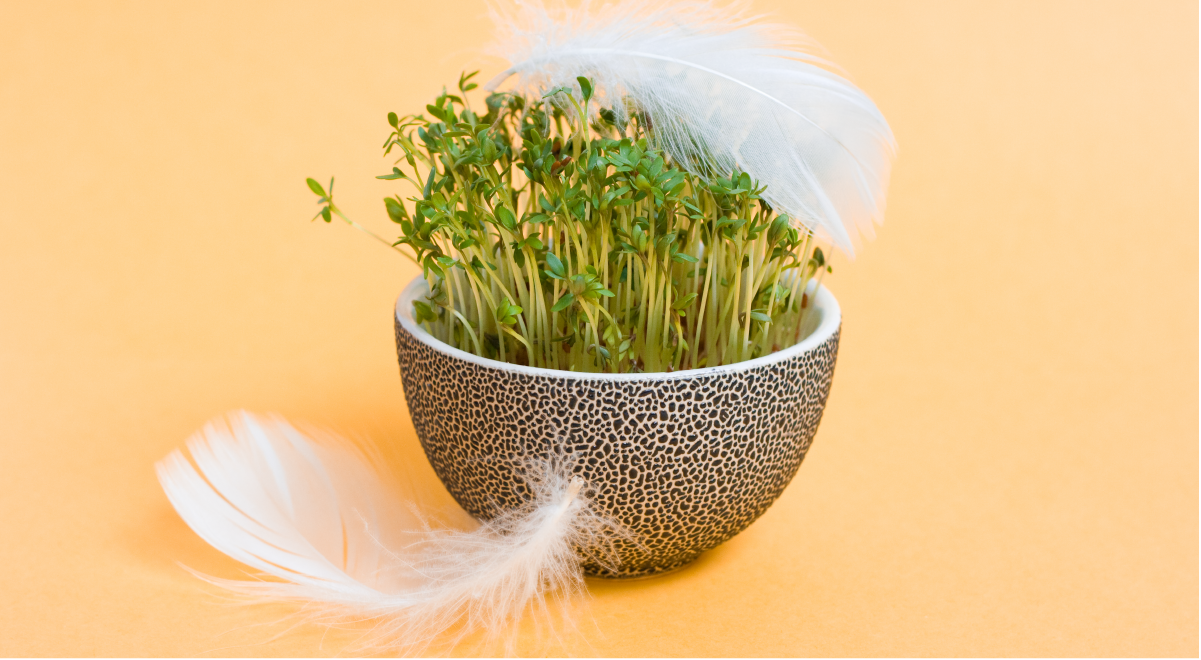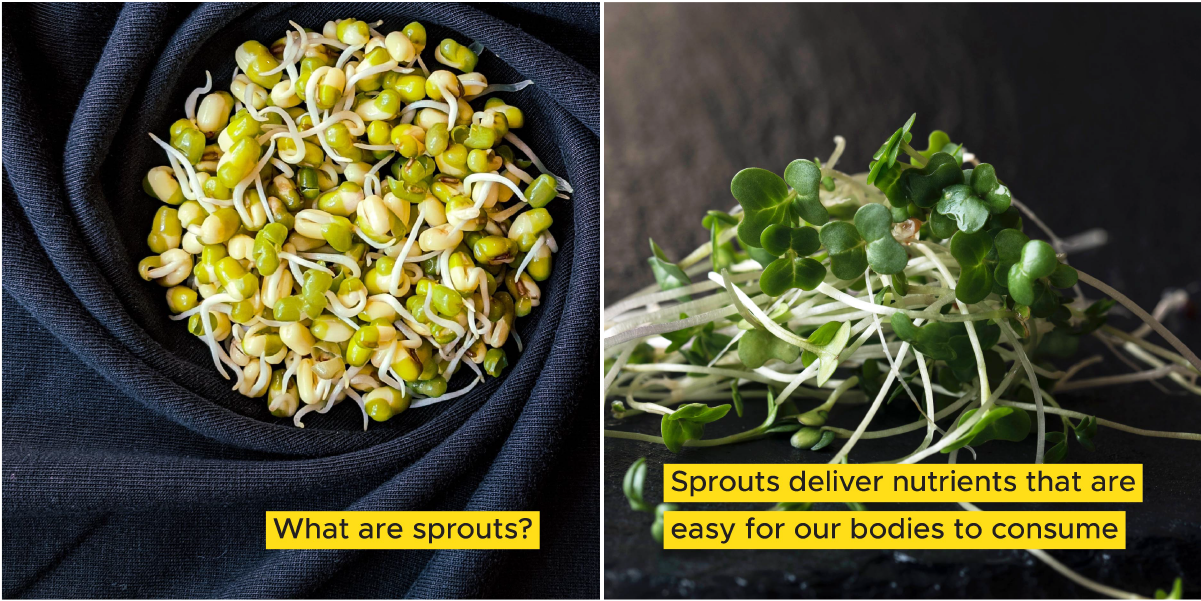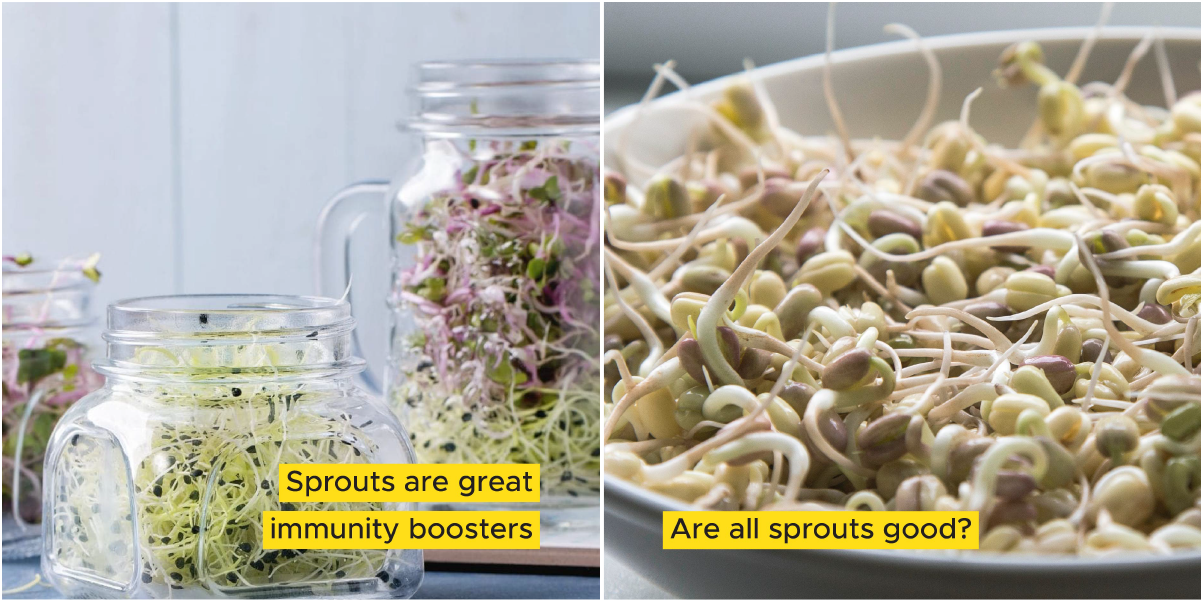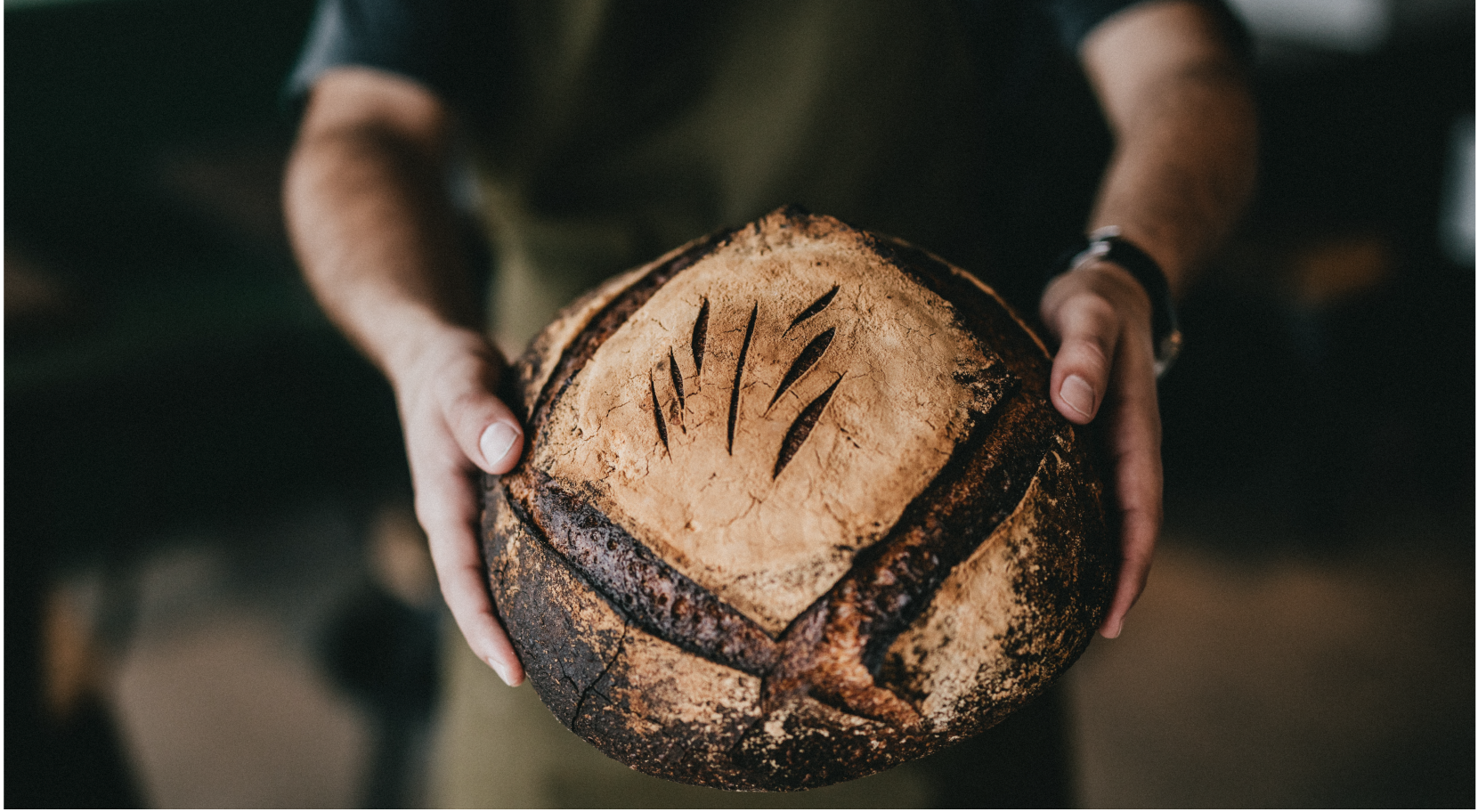Sprouts: Wannabe plants that are delicious and nutritional powerpacks
Published: 21-Jul-2020 Category: Food Bulletin Newsletter

By Ashok Vasudevan
Sprouts: Wannabe plants that are delicious and nutritional powerpacks
For conceiving and contributing majorly to today’s newsletter we wish to acknowledge Karthik Rajan, Co-Founder and CEO of LivFresh

What are Sprouts?
Sprouts are seeds that have just begun to grow and aren't quite plants yet. They tend to be calorie light and nutrient dense. Grains, legumes, nuts and some vegetables can be sprouted to unleash their nutritional magic
Medicinally and nutritionally, sprouts have a long history. Ancient Chinese & Indian physicians recognized and prescribed sprouts for curing many disorders over 5,000 years ago. They are specifically known for their high density of vitamins and nutrients, rapid growth, and resilience in adverse weather conditions. In fact, Capt. James Cook, the storied voyager, famously created a regimen of lemons and varieties of sprouts to help his sailors overcome scurvy (lack of Vitamin C) during their long voyages.
Grains: brown rice, alfalfa, rye, millets and oats are examples of grains that can be sprouted. The protein and fat when sprouted are converted to the component amino acid and fatty acids and hence increase bioavailability.
Legumes: Beans, lentils, chickpeas, kidney beans, lima beans are popular sprouts. They are proven to increase HDL (the good cholesterol) and lower LDL (the bad guy).
Vegetables: Broccoli, radish, snow peas, red cabbage all have high nutritional & medicinal values and are known as a good cover against several cancers, cardiovascular health, and even some form of asthmas.
Not only are they nutrition-dense, but they also make it easier for our body to receive it.
Inside the seed's outer shell (the bran), the plant embryo (the germ) relies on the seed's endosperm — the starchy food supply — to fuel its growth. This germinating process breaks down some of the starch, which makes the percentage of nutrients higher. It also breaks down phytate, a form of phytic acid that binds to minerals like magnesium, zinc and iron, making them harder to digest.
Effectively, sprouting increases B-Vitamins, Carotene, Vitamin C and mineral absorption in our bodies.
It is estimated that there are up to 100 times more beneficial enzymes in sprouts than in raw vegetables. The rapidly growing sprouts need these enzymes for their own growth and cellular health and this makes them beneficial for us to consume as well.

Sprouts are also great immunity boosters
Apart from these enzymes, Sprouts also contain antioxidants that support healthy cell regeneration and protect against free radical damage. For example, Broccoli sprouts contain sulforaphane (up to 100X more than an adult plant) which helps fight cancerous cell mutations. Alfalfa sprouts are a source of saponins, which help balance cholesterol and support the immune system.
So, are all sprouts good?
Firstly, not all seeds and nuts sprout. Some nuts, like pecans and walnuts do not sprout and are better to soak. Soaking is also a good way to reduce the harmful compounds in some nuts, beans and seeds that are hard to sprout.
Sprouts may also be susceptible to carrying bacteria that cause food borne illnesses. In some instances, they have even been connected to outbreaks of Salmonella and E. coli.
It is recommended to not eat raw sprouts without thoroughly washing them. Ideally sauté, steam, stir fry or cook them lightly anyway you like. Add lime and your favorite herbs or spices where needed, as they help bioavailability of some nutrients embedded in the sprouts.
Welcome yet another superstar into your diets.

